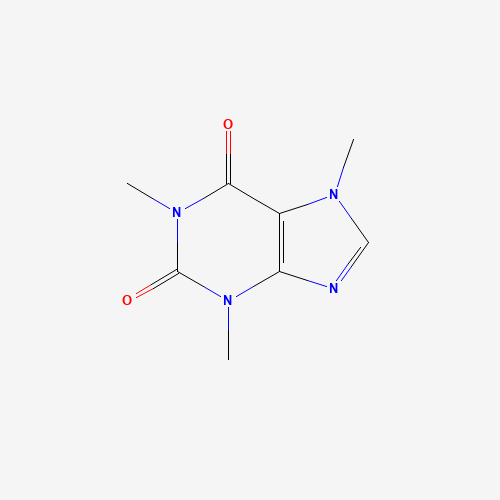Among All of the Bogus Marketing, This One Chemical Can Change Your Workout Performance Drastically.
You may have heard of this ergogenic (performance-enhancing) aid. It’s cheap, works amazing as an effective preworkout and you may already be taking it.
What is This Miracle Substance You Ask?
Caffeine. Caffeine, in fact, is so powerful it used to be considered a banned substance by the IOC (International Olympic Committee) and WADA (World Anti-Doping Agency). This has since been reversed but is still monitored by these organizations to ensure the health and safety of athletes. It has been shown to benefit athletes who compete in endurance sports, anaerobic sports (such as sprinting), muscular endurance, muscular power output, and enhances the athlete’s focus. The general recommended dose is 3-6mg/kg of body weight 1 hour before exercising.
There are a great deal of studies on caffeine and it’s benefits, but no “safe”, legal ergogenic aid comes even close to the power of caffeine. In a study by Duncan et al., resistance-trained men were given 5mg/kg of caffeine and tested against a placebo. When the resistance-trained men were given caffeine, they were able to do more reps at 60% of their 1 rep max and lift more total weight. On the other side of the spectrum, caffeine has shown statistical improvement on endurance athletes as well. “In a study published by Graham and Spriet, seven elite runners performed a total of four trials, two cycling to exhaustion and two running to exhaustion at approximately 85% VO2 max. Times for running and cycling were both significantly improved, running increased from ~49 min for placebo to 71 min for 9 mg/kg of caffeine, cycling increased from ~39 min for placebo to ~59 min for 9 mg/kg of caffeine”. Other studies by McNaughton et al. show that over a 1-hour time trial cyclist training, 6mg/kg of caffeine improved times significantly, with a 4-5% increase.
Even the Military Has Experimented With The Benefits of Caffeine Use.
In the McLellan et al. studies, soldiers performed a series of tasks over several days, where changes to sleep were exceedingly diminished. Experimental challenges included a 4 or 6.3 km run, as well as tests for marksmanship, observation and reconnaissance, and psychomotor vigilance. In all three studies, vigilance was either maintained or enhanced for caffeine conditions in comparison to placebo. Additionally, physical performance measures such as run times and completion of an obstacle course were also improved by the effects of caffeine consumption.
Surely Caffeine Isn’t Perfect, Right?
It is important to note that caffeine can also have some adverse effects, such as anxiety, jitters, insomnia, and headaches. Therefore, it is important to start with a low dose and gradually increase it as needed. It is also important to avoid consuming caffeine too close to bedtime, as it can interfere with sleep. The American Heart Association does not recommend going over 400mg per day of caffeine. Some people are caffeine-sensitive and can have negative reactions. Please consult with your doctor before using any supplement or ergogenic aid to ensure your own safety.
So Should You Personally Use Caffeine?
Caffeine has been proven to be an amazing, cost effective preworkout. It can be taken in pill form, in energy drinks, and of course, coffee! There are many other sources, but these are some of the most common. Even I, personally do not do well with higher doses of caffeine, but it can absolutely be used to boost my performance when needed. Again, I stress that you speak to your doctor before slamming down caffeine like a crazy person. There are many preworkouts on the market that contain 400mg+ of caffeine such as Redcon 1’s Total War Black Ops,which I cannot in good faith recommend to most people. Children and teenagers should stray away from caffeine as an ergogenic aid because side effects or overdose can be much more prevalent.
The information, including but not limited to, text, graphics, images and other material contained on this website are for informational purposes only. No material on this site is intended to be a substitute for professional medical advice, diagnosis or treatment. Always seek the advice of your physician or other qualified health care provider with any questions you may have regarding a medical condition or treatment and before undertaking a new health care regimen, and never disregard professional medical advice or delay in seeking it because of something you have read on this website.
Sources:
https://jissn.biomedcentral.com/articles/10.1186/s12970-020-00383-4
https://bjsm.bmj.com/content/26/2/116′
https://journals.lww.com/nsca-jscr/fulltext/2011/01000/The_Effect_of_Caffeine_Ingestion_on_Mood_State_and.26.aspx.
https://journals.physiology.org/doi/abs/10.1152/jappl.1991.71.6.2292
https://www.ingentaconnect.com/content/asma/asem/2005/00000076/00000007/art00005

